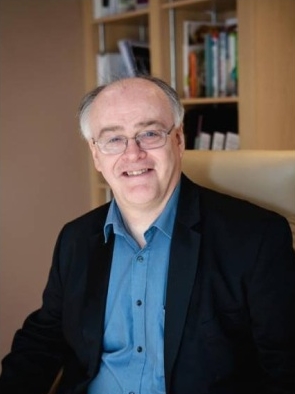'Denial' - A first rate drama
Although not as lauded as the sensational ‘La La Land’ (25 nominations for the Oscars and the BAFTAs at the last time of counting), the much less well known ‘Denial’ is equally engrossing and worthy of peoples’ attentions.
Written by playwright David Hare and directed by Mick Jackson from Deborah Lipstadt’s book ‘History on Trial: My day in court with a Holocaust Denier’, recreates the events in 1996 when controversial British historian and Holocaust denier David Irving (Timothy Spall) sued Lipstadt (Rachel Weisz) for libel.
The film succeeds with the tremendous (and largely British) casting. As Stirling who tries in vain to save his academic reputation, Timothy Spall gets under the skin of Irving by showing the various sides to his character- doting father one moment and holocaust denier later on. Rachel Weisz is very effective as Lipstadt who above all wants the holocaust survivors’ voices to be heard.
But front and centre are two powerful performances from Tom Wilkinson as Richard Rampton the lead Barrister in the court case (who had previously acted in the McDonalds ‘Mclibel’ case) and Andrew Scott (‘Moriarty’ in the recent Sherlock TV series) as Antony Julius as the solicitor who takes on her case –despite reservations about him that Lipstadt has to overcome.
There are as you would expect, some difficult scenes, when Rampton needs to go to Auschwitz to see for himself what Irving denies took place. But much of the drama is set at the Royal Courts of Justice in London where Irving defends himself and his reputation alone, against Deborah Lipstadt’s impressive legal team.
In writing the story for the screen, David Hare has done well to bring out several threads of the story which have real relevancy today- how to prove that Irving knew he was lying in denying the holocaust (as opposed to believing that the holocaust did not take place), how difficult it can be for the person being sued (in this case a very vocal Lipstadt) to say nothing in court and allow their legal team to fight the case for them, and the central point of free speech. People are free to say what they want but when facts as opposed to opinions are concerned; some peoples’ views are more credible and important than others.
Overall, whilst you will probably not leave ‘Denial’ with your feet tapping and a song in your heart as you probably will if you see ‘La La Land’, you will be engrossed throughout its 122 minutes as well as be educated about a landmark case in both legal and world history.


